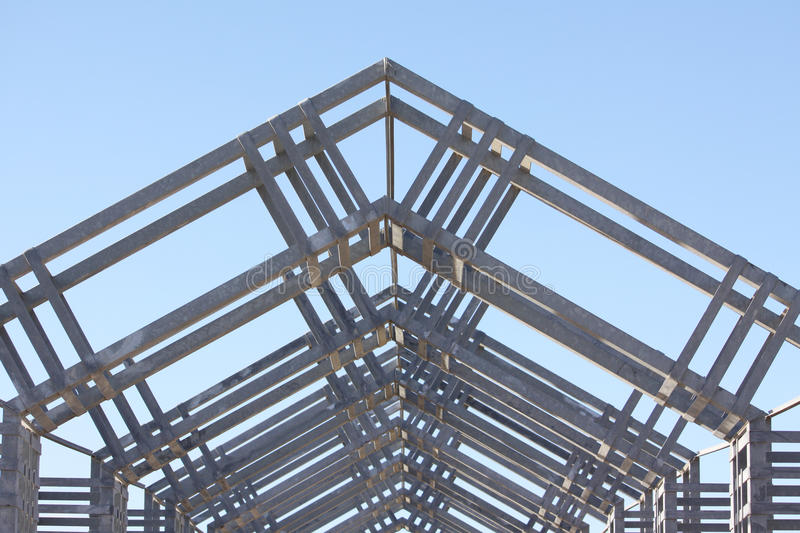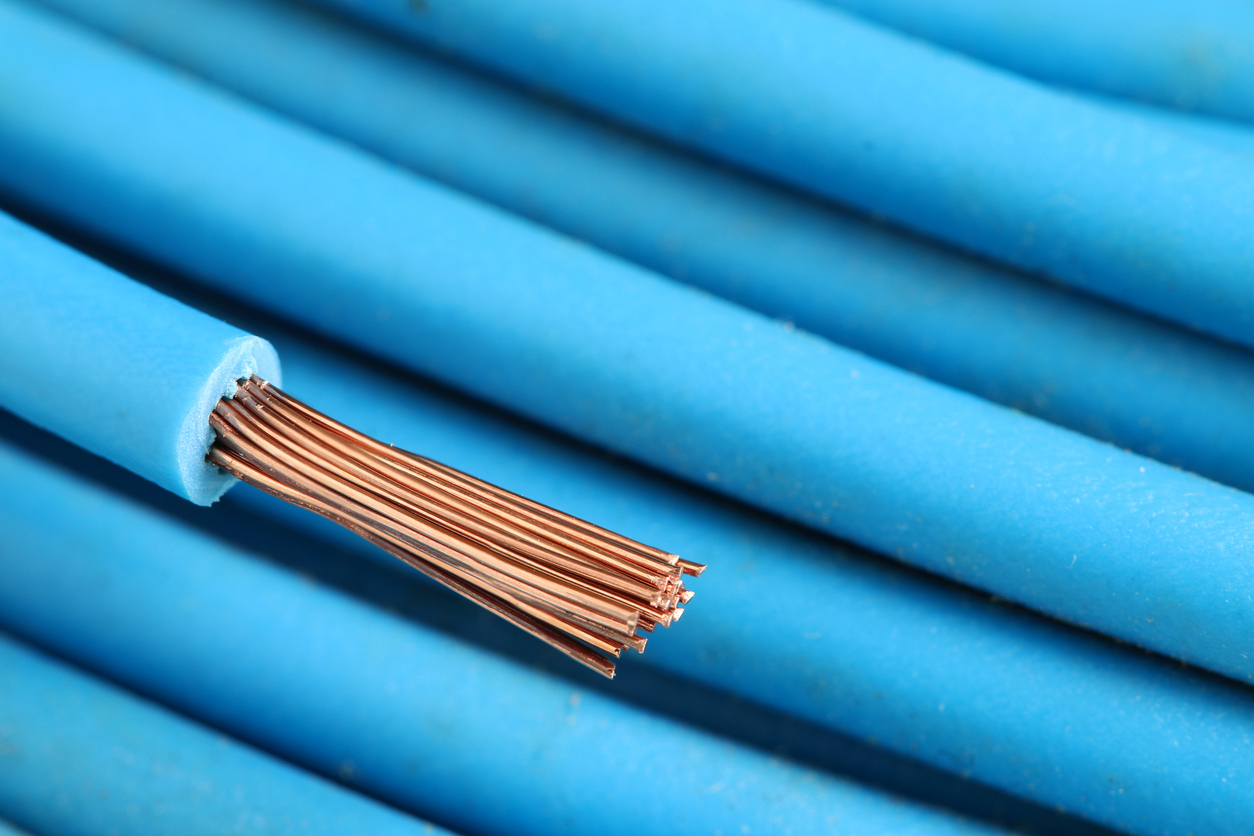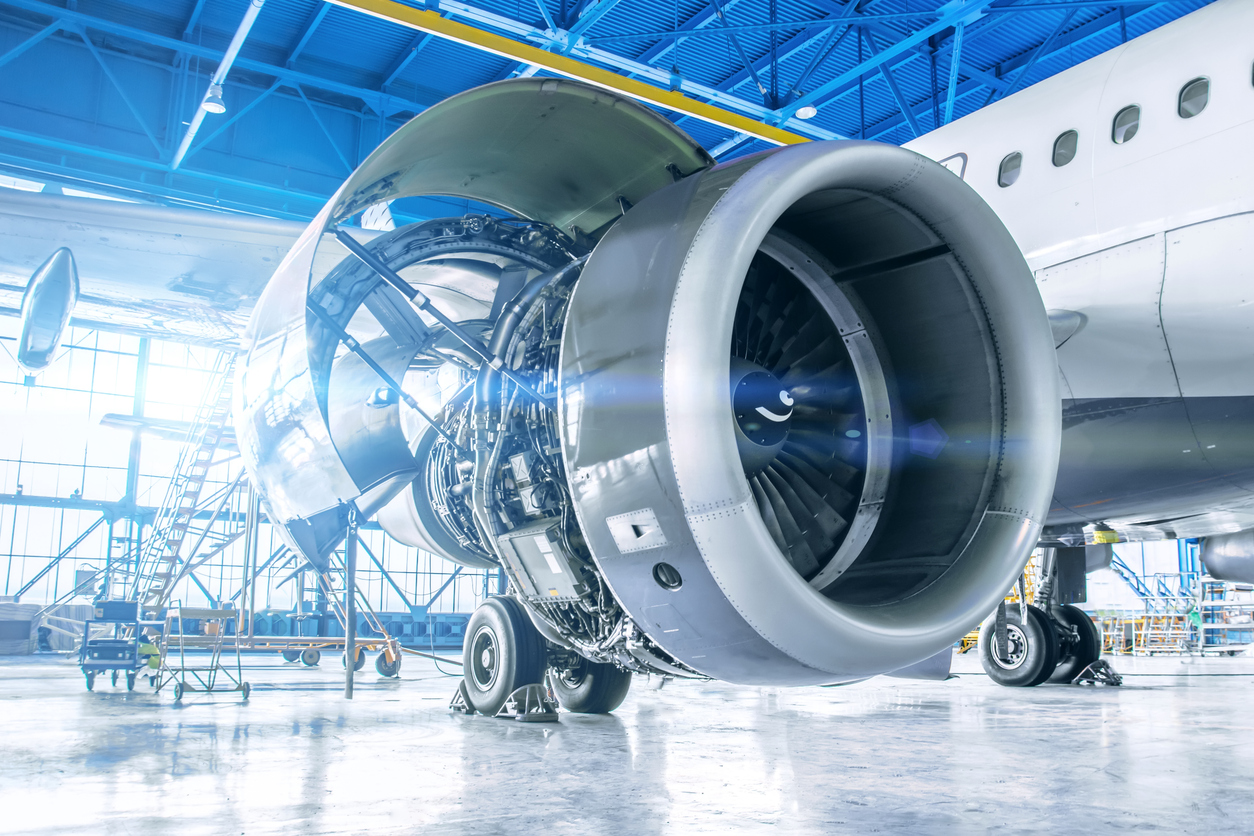Zimbabwe Iron Structures for Sale: Buying and Exporting Process
Zimbabwe Iron Structures for Sale: Buying and Exporting Process
Zimbabwe is an African country with a rich history, diverse population and promising future. The country’s economy has struggled in recent years, but for businesses looking to invest in new opportunities, there are plenty of reasons to be optimistic about the future. In particular, Zimbabwe offers a range of benefits for businesses with an interest in exporting iron structures or related goods and services. The country has a fast-growing economy that can support businesses from all sectors, especially those with the ability to provide high value products or services. This guide to exporting and buying iron structures in Zimbabwe will explain the key factors influencing this market; the costs associated with exporting goods and services to Zimbabwe; and how you can begin investing in this exciting opportunity.
What is Driving Growth in the Zimbabwean Iron Structures Industry?
The most significant factor encouraging the growth of the Zimbabwean iron structures industry is the country’s transition from a closed, socialist economy to a more open and globally integrated one. The country has been building a new economy since 2000, when President Robert Mugabe began the process of liberalizing the country’s economic and political systems. Since then, the country’s economy has been expanding rapidly, growing at an average of more than 10% per year. Recently, the Zimbabwean government has implemented a number of measures to stimulate economic growth. These include reducing the country’s corporate income tax rate and implementing new tax incentives for investors in certain industries. This has created a highly positive business environment in Zimbabwe, particularly for companies in sectors with high export potential. Iron structures are a product that is both light enough to be transported by air and durable enough to last for many years, making them a great export product.
Exporting Process for Zimbabwe Iron Structures
The process of exporting iron structures from Zimbabwe is relatively straightforward. You will need to obtain an export license from the Zimbabwe Revenue Authority, but this should be a straightforward process and can usually be done online. When you have your export license, the next step is to find a buyer. There are a number of ways to do this, such as by advertising your products on a marketplace or through an intermediary. Once you have found a buyer, you will need to arrange transport and logistics. This can again be done through an intermediary, or you can use your own transport. When your goods arrive at their destination, you will need to clear them through customs and make sure they are delivered to your buyer. Your buyer will then need to pay your final earnings and disburse your payment.
The Current State of the Zimbabwean Economy
Though the Zimbabwean economy is growing rapidly, the country’s GDP per capita is still one of the lowest in the world. This is in part due to the country’s high rate of poverty and unemployment, but also to its sizeable population. Zimbabwe has a relatively large population for its size, with a current population of around 31 million people, which is projected to grow to 37 million people by 2030. As a result, the country’s economy is under significant pressure. The economy’s main problem is its heavy reliance on resource extraction, which has led to significant fluctuations in the country’s economic growth. The mining sector, for example, has recently been hit by a drop in the commodity prices of gold, platinum, and diamonds. Nevertheless, the economy has shown considerable resilience in the face of such challenges, and there are many reasons to be optimistic about the future.
Why Invest in Zimbabwe?
Zimbabwe is a promising investment destination for a number of reasons: – High demand for exports: Zimbabwe’s economy is projected to grow by 8.4% per year until 2025, making it a good market for exporting products and services. – Strong growth in key sectors: The country’s economy is projected to grow particularly fast in the sectors of information and communications technology, financial services, and construction. – Strong trading relationship with major global economies: Zimbabwe has strong trading relationships with countries such as South Africa and China, making it an attractive investment destination. – Potential for large returns: With so many promising economic indicators, Zimbabwe is an attractive market for investors looking for large returns. – Strong financial infrastructure: Zimbabwe’s financial system is well developed and highly reliable, making it easy to invest in the country or transfer money out of it. – Friendly business environment: The government is committed to making it easy for foreign investors to do business in Zimbabwe, and the country’s business environment is generally considered to be friendly and transparent.
Key Takeaway
Zimbabwe is a rapidly growing economy with a number of important advantages for investors. Iron structures are a great export product, and the process of exporting them and finding buyers is straightforward. Now is a great time for businesses to enter the Zimbabwean market, and with careful planning, they can be successful.








LEAVE A COMMENT
You must be logged in to post a comment.